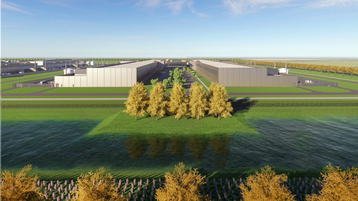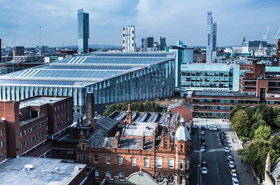The Dutch government will currently not sell land in Zeewolde to Facebook owner Meta, which was originally earmarked for a major data center development.
The cabinet has also approved a draft decision to strictly regulate hyperscale data centers, which now heads to the Senate and the House of Representatives.
The Dutch government owns a portion of the land the Meta had hoped to build a data center that was expected to span five halls and use 200MW, which it now says that it does not plan to sell at this time.
Facing local and state opposition, including the Dutch Senate voting in favor of reconsidering the project, Meta put the data center on hold this March.
Beyond that facility, the Dutch government in February enacted a nine-month moratorium on permits for data centers larger than 10 hectares. Last June, the Dutch province of Flevoland, where Zeewolde is located, announced it would halt data center developments for an unknown period of time.
This month, the Dutch cabinet passed a decision to block municipalities from admitting new hyperscale data centers in a zoning plan or in an environmental plan, essentially banning the development of large data centers.
Hyperscale data centers are defined by the government as facilities with more than 10 hectares and with an electricity demand of 70MW or more.
Specific areas within the provinces of Groningen and North Holland are exempted, as they are at the edge of the Netherlands and have access to renewable energy.






